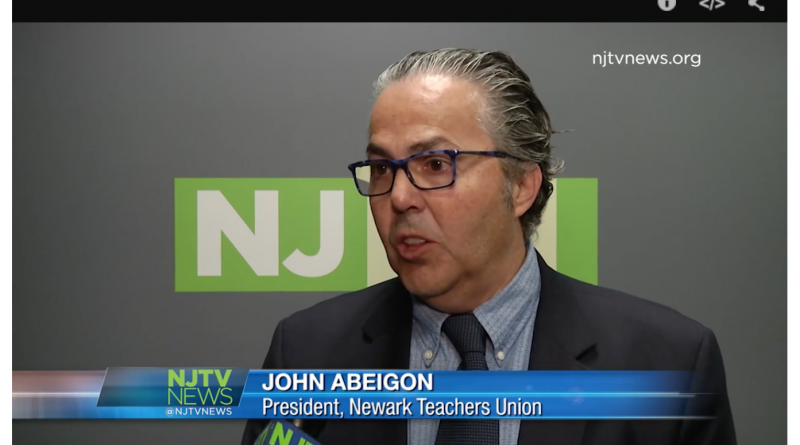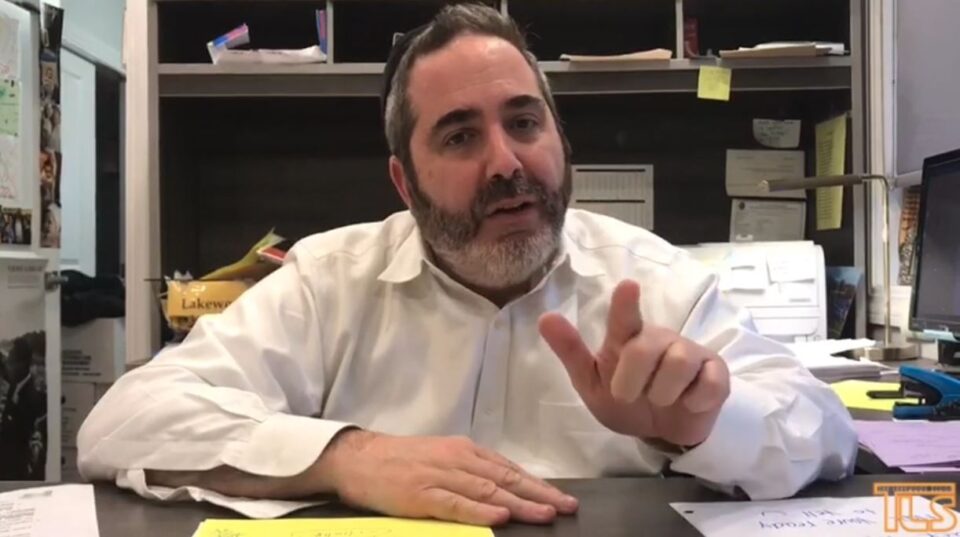Nine New Charters Get Preliminary Approval from New Jersey Commissioner
June 14, 2016If You’re Keeping Score of PARCC Opt-Out Rates in New Jersey…
June 16, 2016Paterson Students Can’t Pass Basic Military Eligibility Tests and Education Law Center Fails Logic
Education Law Center continues to attack the New Jersey Department of Education’s regulations that require that high school graduates demonstrate basic academic skills on standardized tests. A recent settlement agreement requires that the D.O.E. publish data on how many prospective diploma recipients rely on portfolios, an alternative route to graduation for students who can’t pass PARCC tests, score 400 on the math or reading portion of the SAT’s, get a 16 on the ACT, or show some sign of college or career readiness on the Accuplacer (used for community colleges) or the military eligibility test. The D.O.E. complied and said that about 10,000 N.J. students used portfolios to graduate,
Now, once again, Education Law Center is in a huff but for all the wrong reasons.
This erstwhile advocate for poor urban students issued a press release yesterday claiming that this reliance on portfolios for students who repeatedly fail tests proves that D.O.E. graduation requirements are too onerous.
From the press release:
While the NJDOE claims to be reducing standardized testing in response to parent and educator concerns, the new graduation requirements have led to a significant increase in high school testing. The 11th grade HSPA has been replaced by six end-of-course PARCC exams spread across grades 9-12. Many seniors who did not pass PARCC also took SATs or ACTs, plus multiple administrations of the Accuplacer or the ASVAB military test. Paterson scheduled 13 administrations of the ASVAB in an effort to secure a diploma for students who had met all other graduation requirements.
Poor Paterson! Forced to administer ASVAB (the test that the military uses to determine eligibility for academic and vocational tasks) thirteen times!
How hard is the test that Paterson students can’t pass, time after time after time?
Here are four sample questions from the ASVAB:
If there are 3 quarts of gas in a gallon container, how full is the container?
A. 50%
B. 60%
C. 75%
D. 80%
Observe most nearly means:
A. maintain.
B. watch.
C. organize.
D. protest.
Nations are political and military units, but they are not necessarily the most important units in economic life, nor are they very much alike in any economic sense. All that nations really have in common is the political fact of their sovereignty. Indeed, the failure of national governments to control economic forces suggest that nations are irrelevant to promoting economic success.
According to the paragraph, the economic power of nations is:
A. controlled by political and military success.
B. the basis of their political success.
C. limited to a few powerful nations.
D. relatively unimportant.
If x + y = 2 and x − y = 1, then:
A. x = 1, y = 1
B. x = 2, y = 1
C. x = 3/2, y = 1/2
D. x = 0, y = 2
The minimum qualifying score for a N.J. diploma on the ASVAB is 31. That’s a percentile: a 31 means that 69% of ASVAB test-takers scored higher. According to the military website, a student scoring a 31 is only eligible for the Infantry and the National Guard. You want to enlist in the Navy? Too bad: you need a 35. Coast Guard? Sorry, you need a 40.
In other words, we’re distributing high school diplomas to students who can’t pass a basic math and reading comprehension test and would be barred from serving in most of the armed forces because of poor academic skills.
This is the problem: not PARCC, not over-testing, not N.J. D.O.E. regulations. You’d think that Education Law Center would focus its resources (which, by the way, come substantially from NJEA contributions) on addressing academic deficiencies. Instead it fights the most lenient forms of accountability. When Paterson students can’t get a 31 on the ASVAB after thirteen tries, that points to more substantive problems.
Now that’s something to get huffy about.




